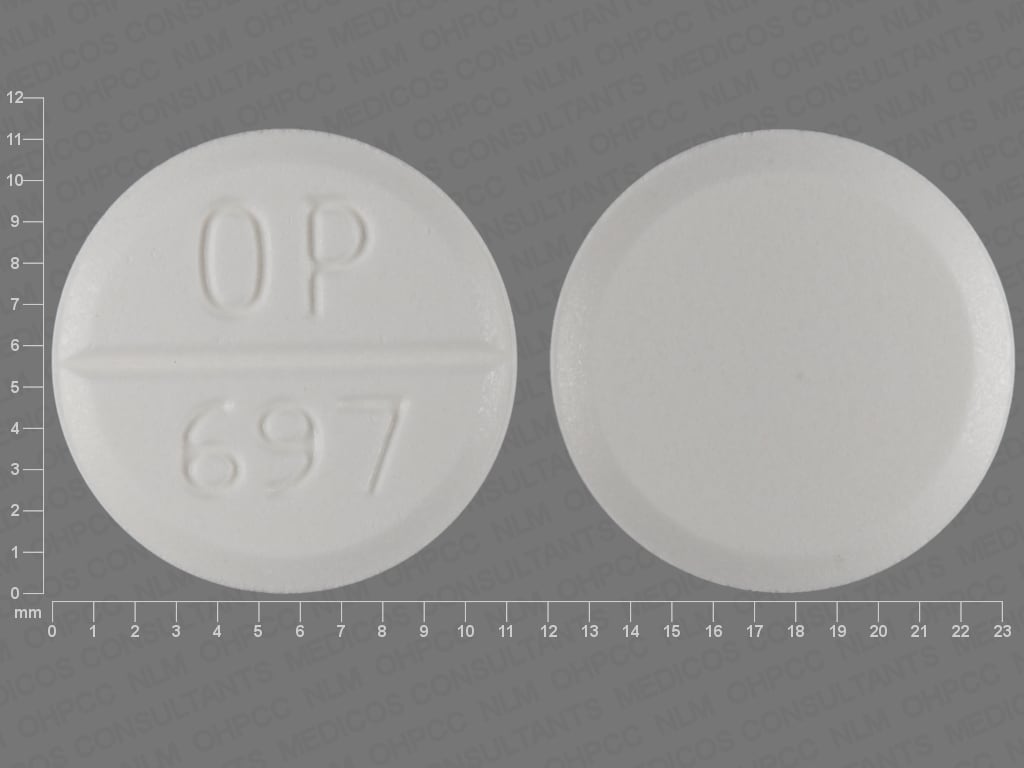Urecholine
Generic name: bethanechol
Drug class: Miscellaneous genitourinary tract agents
Medically reviewed by A Ras MD.
What is Urecholine?
Urecholine is a prescription medicine that is used to treat patients who are not able to pass urine the right way.
Description
Bethanechol chloride, USP, a cholinergic agent, is a synthetic ester which is structurally and pharmacologically related to acetylcholine.
It is designated chemically as 2-[(aminocarbonyl)oxy]-N, N, N-trimethyl-1-propanaminium chloride. Its structural formula is:
 |
C7H17CIN202 – M.W. 196.68
It is a white, hygroscopic crystalline powder having a slight amine-like odor, freely soluble in water.
Each tablet for oral administration contains 5 mg, 10 mg, 25 mg or 50 mg bethanechol chloride, USP. Tablets also contain the following inactive ingredients: anhydrous lactose, colloidal silicon dioxide, magnesium stearate, microcrystalline cellulose, and sodium starch glycolate. The 25 mg and 50 mg tablets also contain D&C Yellow #10 aluminum lake and FD&C Yellow #6 aluminum lake.
Before taking Urecholine, tell your doctor:
- If you are allergic to Urecholine; any part of this medicine; or any other drugs, foods, or substances. Tell your doctor about the allergy and what signs you had.
- If you have any of these health problems: Asthma, bladder problems like bladder blockage, heart disease, hot flashes, low blood pressure, overactive thyroid gland, Parkinson’s disease, seizures, slow heartbeat, stomach or bowel problems like bowel block, or ulcer disease.
- If you have had recent bladder, stomach, or bowel surgery.
- If you are breast-feeding or plan to breast-feed.
This is not a list of all drugs or health problems that interact with this medicine.
Tell your doctor and pharmacist about all of your drugs (prescription or OTC, natural products, vitamins) and health problems. You must check to make sure that it is safe for you to take Urecholine with all of your drugs and health problems. Do not start, stop, or change the dose of any drug without checking with your doctor.
What are some things I need to know or do while I take Urecholine?
- Tell all of your health care providers that you take Urecholine. This includes your doctors, nurses, pharmacists, and dentists.
- To lower the chance of feeling dizzy or passing out, rise slowly if you have been sitting or lying down. Be careful going up and down stairs.
- Tell your doctor if you are pregnant or plan on getting pregnant. You will need to talk about the benefits and risks of using Urecholine while you are pregnant.
How is Urecholine best taken?

Use Urecholine as ordered by your doctor. Read all information given to you. Follow all instructions closely.
- Take on an empty stomach. Take 1 hour before or 2 hours after meals.
What do I do if I miss a dose?
- Take a missed dose as soon as you think about it, on an empty stomach.
- If it is close to the time for your next dose, skip the missed dose and go back to your normal time.
- Do not take 2 doses at the same time or extra doses.
What are the side effects of Urecholine that I need to call my doctor about immediately?
WARNING/CAUTION: Even though it may be rare, some people may have very bad and sometimes deadly side effects when taking a drug. Tell your doctor or get medical help right away if you have any of the following signs or symptoms that may be related to a very bad side effect:
- Signs of an allergic reaction, like rash; hives; itching; red, swollen, blistered, or peeling skin with or without fever; wheezing; tightness in the chest or throat; trouble breathing, swallowing, or talking; unusual hoarseness; or swelling of the mouth, face, lips, tongue, or throat.
- Very bad dizziness or passing out.
What are some other side effects of Urecholine?
All drugs may cause side effects. However, many people have no side effects or only have minor side effects. Call your doctor or get medical help if any of these side effects or any other side effects bother you or do not go away:
- Dizziness.
These are not all of the side effects that may occur. If you have questions about side effects, call your doctor. Call your doctor for medical advice about side effects.
You may report side effects to the FDA at 1-800-332-1088. You may also report side effects at https://www.fda.gov/medwatch.
If overdose is suspected:
If you think there has been an overdose, call your poison control center or get medical care right away. Be ready to tell or show what was taken, how much, and when it happened.
How do I store and/or throw out Urecholine?
- Store at room temperature.
- Store in a dry place. Do not store in a bathroom.
- Keep all drugs in a safe place. Keep all drugs out of the reach of children and pets.
- Throw away unused or expired drugs. Do not flush down a toilet or pour down a drain unless you are told to do so. Check with your pharmacist if you have questions about the best way to throw out drugs. There may be drug take-back programs in your area.
SRC: NLM .
